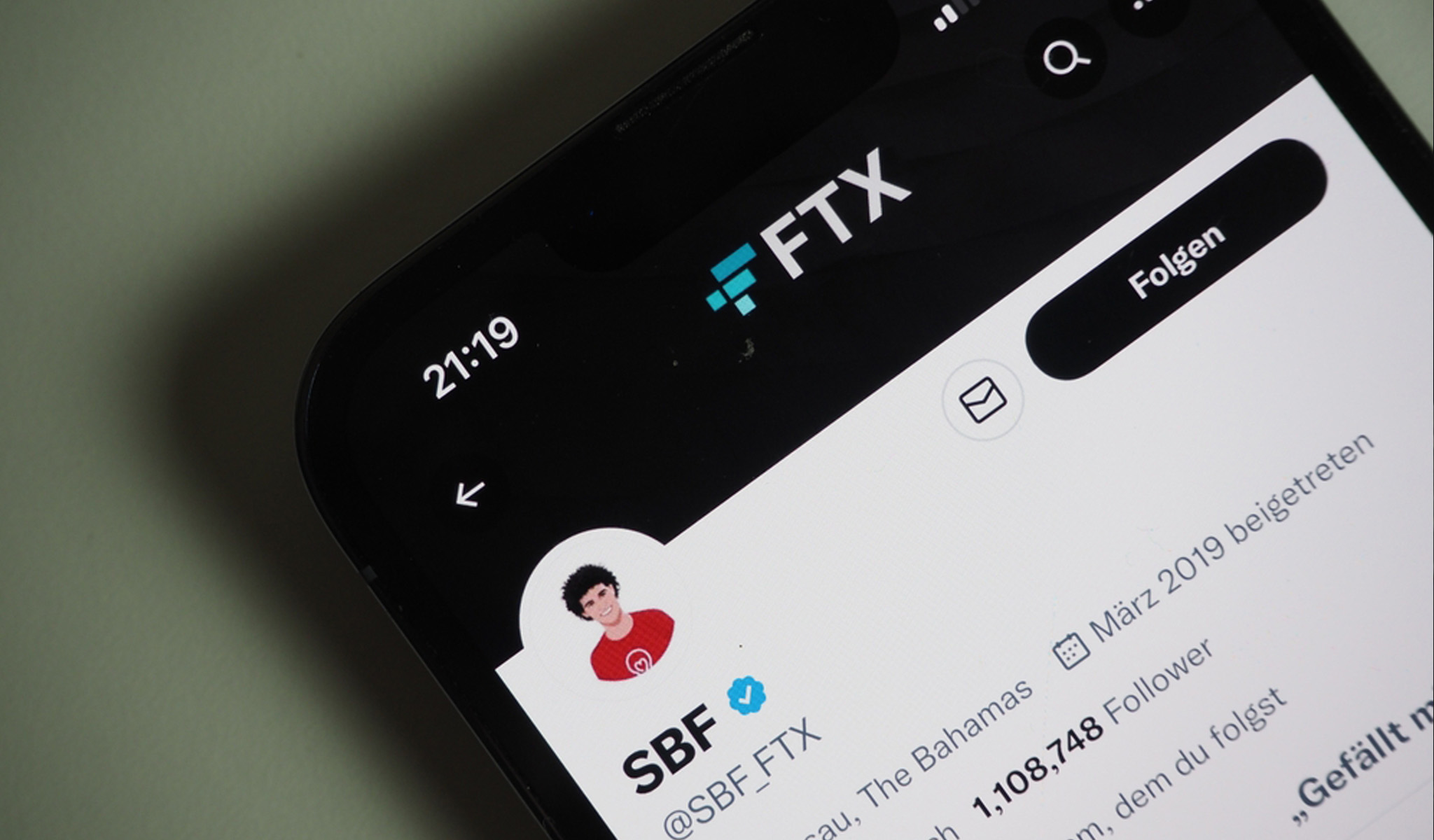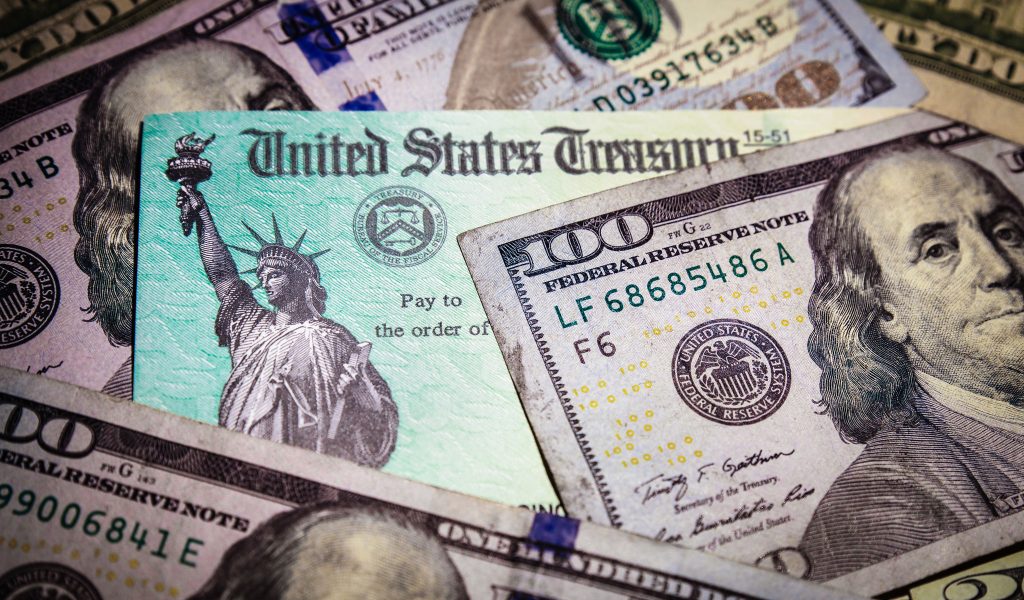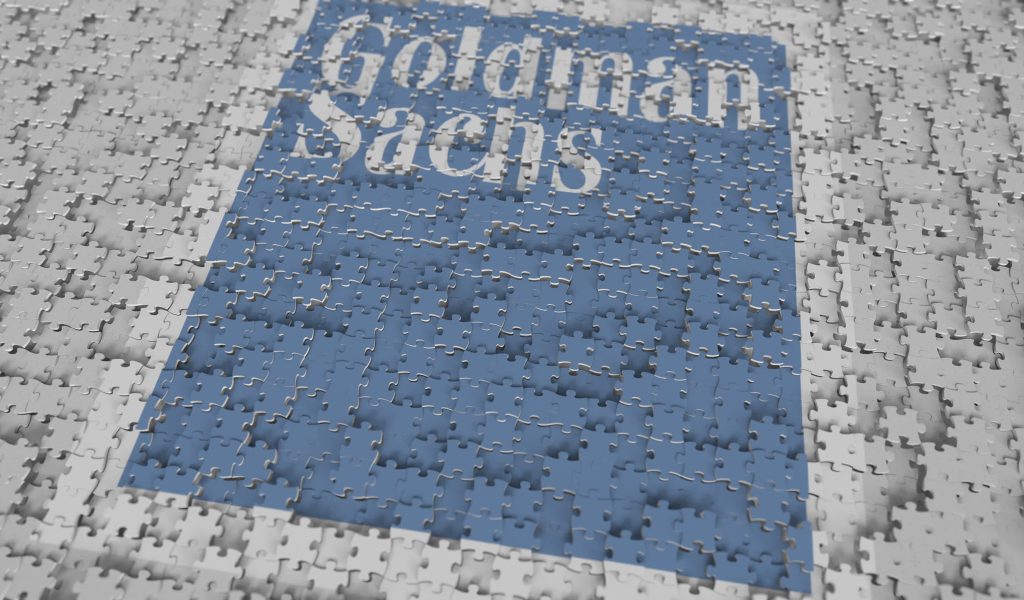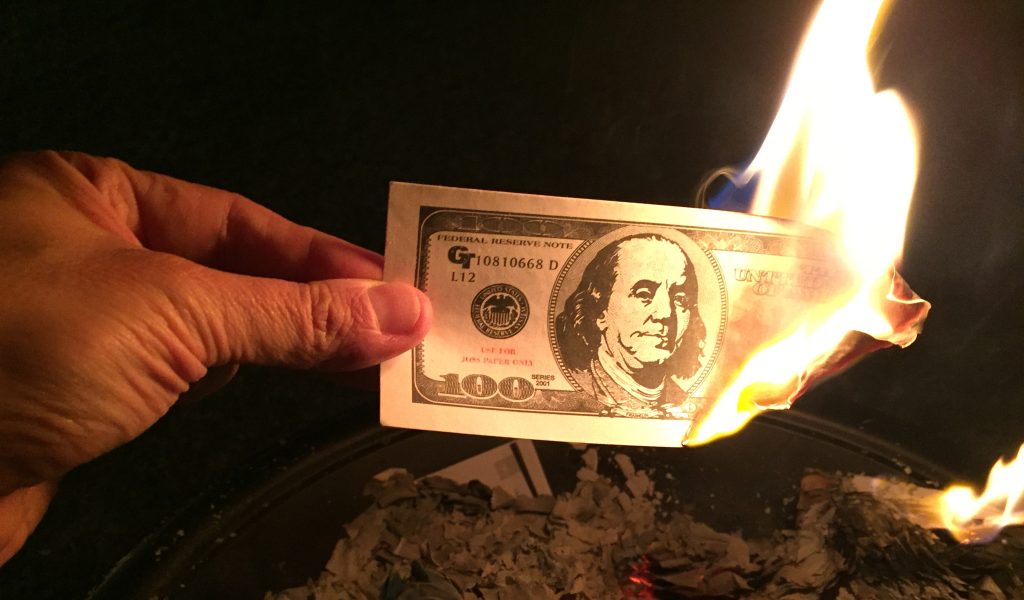Jack Selby is presently a venture capitalist in Phoenix, AZ, but first made his name as a member of the legendary “Mafia” behind what became PayPal, a $60 billion market cap corporation that made it against all odds. As Elon Musk recalled for The Founders author Jimmy Soni about PayPal’s more than rocky ascendance, PayPal “was a hard company to keep alive.”
This is mentioned simply because Selby observed at the Discovery Institute’s COSM Conference in November that at present, VC’s are in the midst of deciding which start-ups funded between 2019-2021 should be kept alive. Selby senses that 2019-2021 will reveal itself as a “bad vintage” such that most won’t make it.
What does this have to do with Sam Bankman-Fried? Nothing, and seemingly everything. In an everything sense, FTX without a doubt became a startup in the face of enormous amounts of skepticism. Evidence supporting the previous claim can be found in the $32 billion valuation eventually placed on it. If $20 left on the street is an efficient markets misnomer, readers can rest assured that $32 billion concepts are never left lying around. Ever. It’s just a reminder that Bankman-Fried created a business concept in FTX that didn’t just impress skillful investors (including Sequoia Ventures, the world’s most prominent VC), but one that blew them away such that they were lined up to get a piece of what was zooming upward in terms of valuation.
That FTX went from seemingly nothing, or surely from “hard to keep alive” to super-Unicorn raises a question. What if FTX’s valuation had never exceeded $32 million, only for it to subsequently go bust? If so, does anyone reading this think that Bankman-Fried would presently be staring at a 110-year prison sentence, or for that matter, prison at all? Hopefully the question answers itself.
Which raises another question: should stupendous crack-ups be met with expensive legal bills and prison time, or should they be celebrated? The question is not asked flippantly. Referring to the COSM Conference once again, the great George Gilder is the brilliant mind behind this annual conference. For decades Gilder has been making an essential case that information is wealth. Gilder is right. Think gasoline. As he notes in his latest book (Life After Capitalism – my review here), when we pump gasoline we’re not pumping gas as much as we’re pumping knowledge and information. Figure that oil has been around for billions of years, only for it to finally become wealth born of knowledge in the 19th century.
Crucially, Gilder writes that back when Carver Mead was at CalTech, he would have weekly meetings with fellow professors during which they would gather for “Confession.” During Confession they wouldn’t discuss experiments confirming what they already knew, rather they would talk about their mistakes. There’s a great deal of wealth in errors for them bringing us closer and closer to the information that lifts us.
Applied to Bankman-Fried, the easy, never-will-get-you-in-trouble route is to just conclude him a fraud who figured out a way to trick venture capitalists and customers alike. No doubt it’s possible, but another way of looking at FTX is to cheer Bankman-Fried for pursuing what most deemed impossible (see again a valuation that reached $32 billion), only for him to succeed in matching an impossible concept with copious amounts of capital. In other words, in the information economy described by Gilder, we need more Bankman-Frieds, not fewer. The bigger the crack-up the better, because the big errors signal enormous information-creation that will bring us closer to the kind of information that represents enormous progress and wealth.
About viewing Bankman-Fried through an information prism, it’s worth stressing yet again that FTX’s biggest investor in Sequoia was and is the world’s greatest VC. This is something to keep in mind given the accepted wisdom that Bankman-Fried was acting fraudulently. Perhaps, but let’s not forget that the individuals inside Sequoia are the opposite of dumb, and didn’t get to where they are by not being able to sniff out the frauds. So are Sequoia’s contemporaries skilled, only for a bidding war to break out among VCs for a piece of what eventually achieved an aforementioned $32 billion valuation. Sorry, but money just isn’t this dumb.
In which case, were Sequoia et al not dumb as much as they didn’t mind the store? Perhaps, but if so they didn’t watch over Bankman-Fried for a reason. VC Peter Thiel could explain why. Paraphrasing Thiel, precisely because these opposite thinkers are in hot pursuit of what 99.9999% of us can’t conceive or imagine, it’s necessary to give them space, to not suffocate the borderline craziness that is frequently behind advance.
All of this is worth thinking about as Bankman-Fried stares at jail time. And in contemplating jail time, let’s ask again if he would presently be behind bars if FTX’s valuation height had been $32 million. We know the answer. Importantly, all the great advances read as fraudulent at first given their outlandish nature. VCs fund them despite because the few successes pay exponentially more than the myriad failures. In other words, Sequoia et al were already compensated for an enormous FTX-style blowup, thus raising a question of why the creation of copious amounts of knowledge must conclude with lawyers, judges, and prison time.
Republished from RealClear Markets









